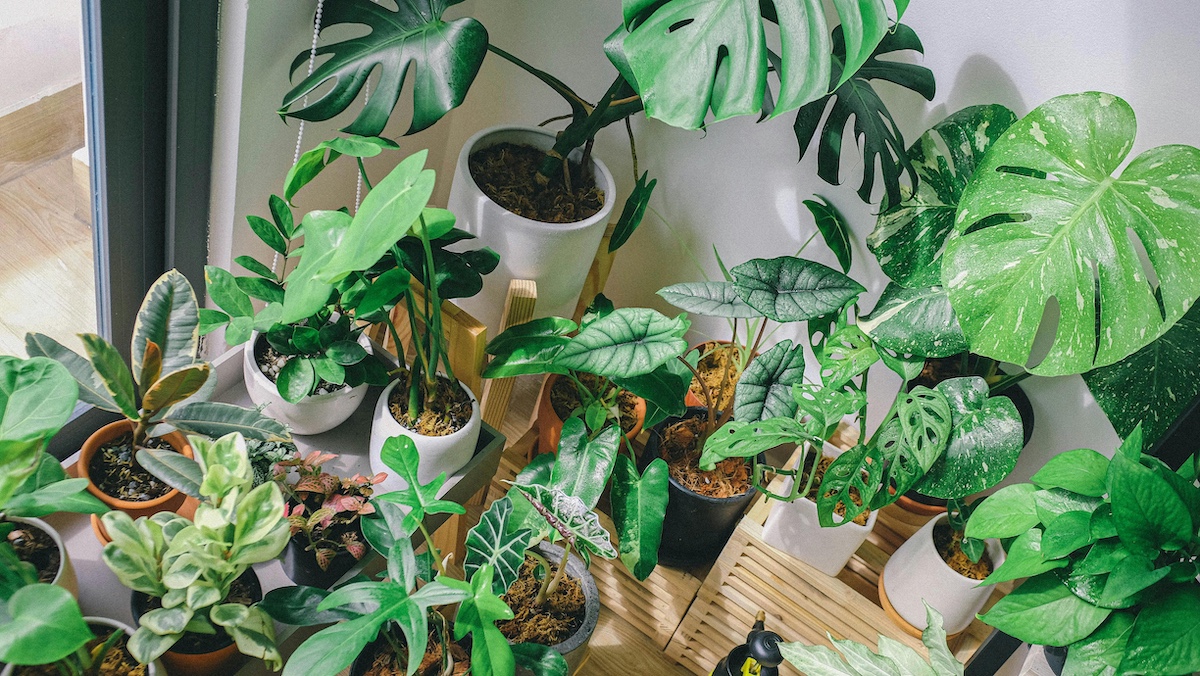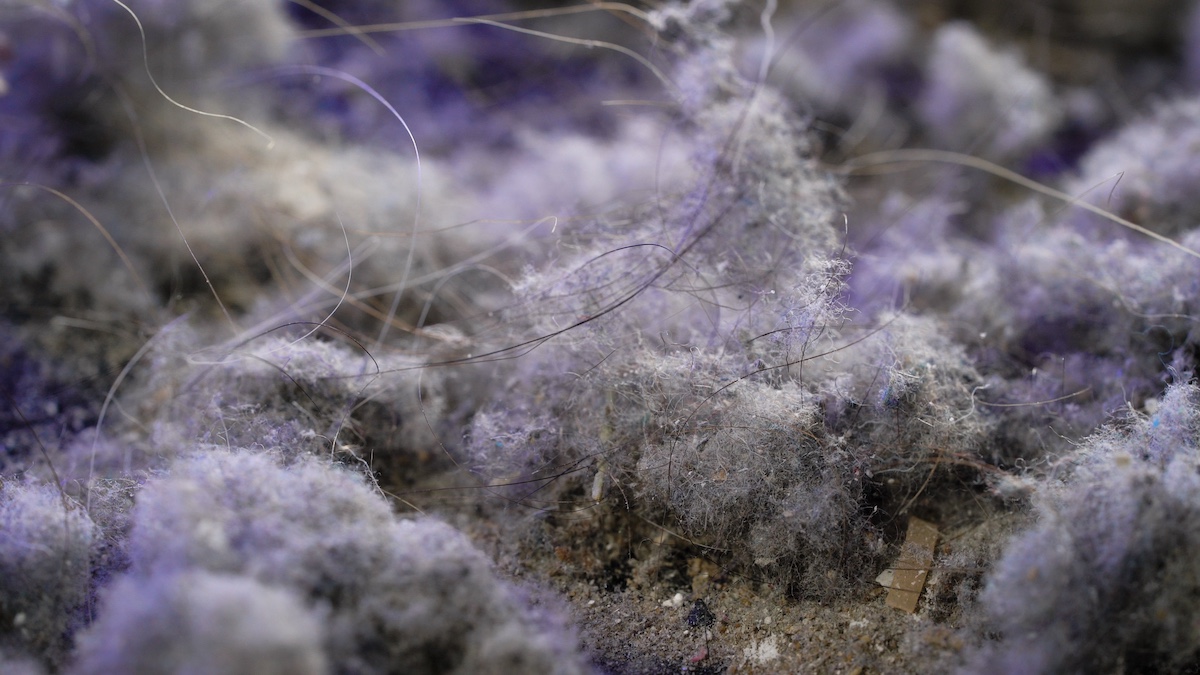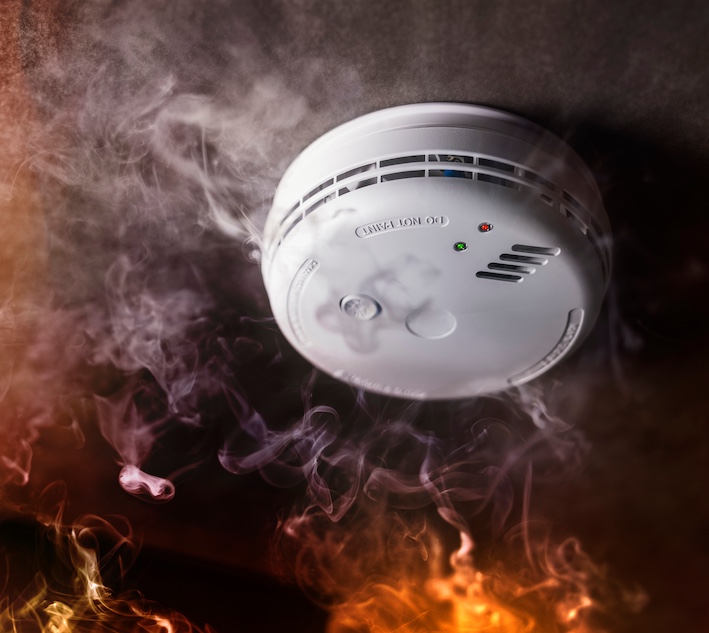Improving your home’s air quality is more than just about comfort—it’s essential for your health. Poor indoor air quality can lead to several health problems, from respiratory issues to fatigue, and even affect overall well-being. With pollutants like dust, mold, and chemicals lurking in the air, it’s important to take proactive steps to keep your home’s air fresh and clean. We’ll share ten simple yet effective ways to boost the air quality in your home, helping you create a cleaner, healthier environment.
Air Flow
1. Ventilation
Proper ventilation is essential for maintaining good indoor air quality. Open windows daily to allow fresh air to circulate and remove stagnant, polluted air. This is especially important when cooking, cleaning, or using products with strong odors. Using exhaust fans in kitchens and bathrooms helps further remove moisture and fumes.
2. Control Humidity Levels
High humidity levels can lead to mold and mildew growth, which affects air quality. Keep your home’s humidity between 30% and 50%. To manage moisture levels, you can use dehumidifiers in damp areas like basements or bathrooms. Repairing leaks and proper ventilation in moisture-prone areas can help prevent mold growth and improve overall air quality.
3. Use Air Purifiers
Investing in a quality air purifier can greatly reduce indoor air pollutants such as dust, allergens, and smoke. Look for models with HEPA filters designed to capture 99.97% of particles, including pollen, mold spores, and pet dander. Place purifiers in areas where air circulation is poor, like basements or rooms with limited windows.
Cleaning Routines
4. Clean and Dust Regularly
Dust and dirt are major contributors to poor indoor air quality. Vacuum carpets and rugs at least once a week. Clean surfaces and change bedding frequently to reduce dust buildup. Washing curtains and upholstery also prevents the accumulation of dust mites and pet dander.
Hire professional cleaning services to deep clean carpets, upholstery, draperies, and other surfaces where pollutants can accumulate. These services can use specialized equipment and cleaning solutions to remove contaminants and improve indoor air quality effectively.
5. Regular HVAC Maintenance
Your home’s HVAC system plays a crucial role in maintaining air quality. Over time, pollutants like dust, mold, and allergens can accumulate in your home’s air ducts. Schedule regular maintenance checks annually to ensure the system operates efficiently and is free of mold, bacteria, and dust buildup. Replace air filters regularly, as clogged filters reduce airflow and circulate dust and allergens. Consider investing in a heat recovery ventilator (HRV) or an energy recovery ventilator (ERV) to improve ventilation while conserving energy.
Lifestyle Changes
6. Avoid Smoking Indoors
Cigarette smoke contains over 4,000 chemicals, many of which are harmful. Even if windows are open, the toxins can remain inside your home. Smoke particles can linger in the air, accumulate on surfaces, and infiltrate your home’s HVAC system, causing long-term damage to your home’s air quality. To keep your indoor air clean and healthy, enforce a strict no-smoking policy inside your home.
7. Convert Your Fireplace
Burning wood in fireplaces or stoves can produce fine particulate matter (PM2.5), carbon monoxide, nitrogen oxides, and other harmful pollutants that can infiltrate your home’s air and negatively impact your health. The fine particles in wood smoke can penetrate the lungs, causing respiratory issues and aggravating existing heart and lung diseases. Converting from a wood-burning fireplace to a gas or electric option reduces emissions. Gas and electric fireplaces produce fewer pollutants and offer a cleaner burn with the look of a traditional fire.
Small Yet Impactful Changes
Houseplants for Natural Filtration
Certain houseplants can naturally filter and improve air quality. These plants absorb carbon dioxide and release oxygen, while some also remove harmful toxins such as formaldehyde and benzene. Placing a few houseplants around your home can provide a natural way to clean the air.
Use Natural Fragrances
Air fresheners and scented candles may make your home smell fresh, but they often release volatile organic compounds (VOCs), soot particles, and other chemicals that can harm indoor air quality, especially if made from paraffin wax or contain synthetic fragrances. These pollutants can affect air quality and cause respiratory irritation. Instead, choose natural alternatives like essential oils or simmering herbs and fruits for a safer, pleasant scent.
Reduce the Use of Chemical Cleaners
Many household cleaners contain VOCs, which can pollute indoor air and cause respiratory irritation. Switch to natural, eco-friendly cleaning products to reduce the amount of toxic chemicals released into your home. If you must use harsh cleaning products, keep the area well-ventilated by opening windows or turning on fans.
Improving your home’s air quality doesn’t have to be complicated. By following these tips, you can enjoy a fresher living space while protecting your family from potential health risks. Making these small changes can have a big impact, but working with a professional is the best way to ensure your home’s air is as clean as possible. Pur360’s professionals will assess your space and provide practical solutions to address current concerns and prevent future issues.



